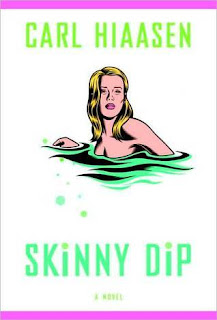Review:
Very hard going
I’m afraid I struggled with A Sound Mind. Paul Morley says some
interesting things and makes some valid points, but oh dear – he
does go on. And on. And on.
The subtitle of the
book gives a clear idea of the content. It’s the story of how
Morley began to develop an interest in and then a love for classical
music, having been a rock critic for decades. There are some
interesting observations, especially as I (like many others, I
suspect) have made a similar move toward classical music as I have
aged. He is very acute, too, on things like the universal, instant
accessibility of huge amounts of music and how it means that we
probably value it less than when an album was a significant
investment of pocket money. But…
All of this is
almost submerged in a deluge of self-referential verbiage. Quite
early on, Morley actually talks about rock critics’ “compulsion
to use too many words,” but apparently without any self-awareness,
because it certainly applies here. He makes the error of assuming
that all his readers are as fascinated as he is by every nuance of
the development of his emotional and intellectual response to
classical music. I’m afraid that this reader wasn’t and this,
along with some clumsy and almost incomprehensible semi-metaphorical
ramblings about plane journeys and the like made the whole thing very
hard going for me. (And if I read one more sentence with endless
lists of “from Haydn to Bowie, from Webern to [insert name of
obscure band]….” I will not be responsible for my actions. OK,
Paul, we get it – you’ve listened to a lot of music.)
At well over 600
pages, I suspect that this would have been a much better book if it
had been half the length. There are quite a lot of interesting and
penetrating observations here, but finding them is a real effort. I
think the book is summed up for me in this little quote: “...the
prog-rock concept album, with its own bloated, self-involved
aesthetic that needed urgent, almost therapeutic puncturing by punk
rock”. He is, as so often, absolutely right, but can’t seem to
see that his own book is just as bloated and self-involved and needs
urgent, almost therapeutic puncturing by a good, strong editor. I
can’t really recommend it.
(My thanks to
Bloomsbury for an ARC via NetGalley.)







